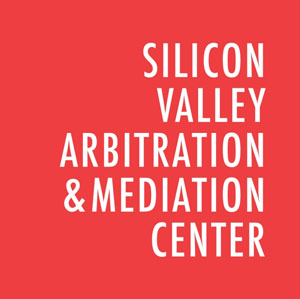Thousands of lawyers and others came to San Francisco from April 19-22 for the annual Spring conference of the Dispute Resolution section. A few items caught my attention.
First, it was gratifying to see how many of our SVAMC members were speakers or panelists. Gary Benton, Harrie Samaras (Section Vice Chair), Rod Thompson (a Program Chair), Theo Cheng, Laura Kaster, Ed Lozowicki, Jim Madison, Susan Nycum, Les Schiefelbein, Neil Smith and Conna Weiner were front and center in one or more sessions.
Second, on a less happy note, I was chagrined to hear one panelist from a major law firm actually deride resort to arbitration, citing the long discredited shibboleth that arbitrators tend to “split the baby.” I could only assume that this litigator had never actually participated in an arbitration—and certainly was unfamiliar with the various studies debunking that old myth. See, e.g. Arbitrators “Don’t Split the Baby,” Studies Show.
Most interesting to me was a panel addressing the question: “How do you select an arbitrator or mediator?” To a person, each of the four panelists—from quite different practice areas and varied backgrounds—cited subject matter expertise as one of the key characteristics they sought from neutrals. Among the comments: “I want a mediator who knows the area of law.” “Subject matter expertise is what I look for.” After deciding first if you want a judge or lawyer, “then look for subject matter expertise.”
That attribute, of course, is a prime driver for the Silicon Valley Arbitration & Mediation Center, and the Tech List we are so carefully compiling. Every appointee to the Tech List has a national or global reputation not just as an eminent neutral, but also as one steeped in technology industries during his or her career. Tech companies should have no fear that their case will be decided or mediated by a neutral overwhelmed by the technical nature of evidence presented, or unfamiliar with the business realities in technology markets.
Finally, another theme in several panels was the increasingly global interrelationships at the heart of many business disputes—especially tech battles, where patents, for example, raise international issues evoking disparate laws and procedures. Arbitration would seem to be the ideal vehicle for those disputes. Having a single forum and decider for cross-border issues would mean enormous efficiencies, not to mention the benefit of securing an award that is enforceable regardless of differing national legal regimes.
There was something for everyone in the ABA’s annual conference on ADR. Panelists who were in-house counsel or law firm partners reflected the growing resort to ADR processes and neutrals in tech disputes.
